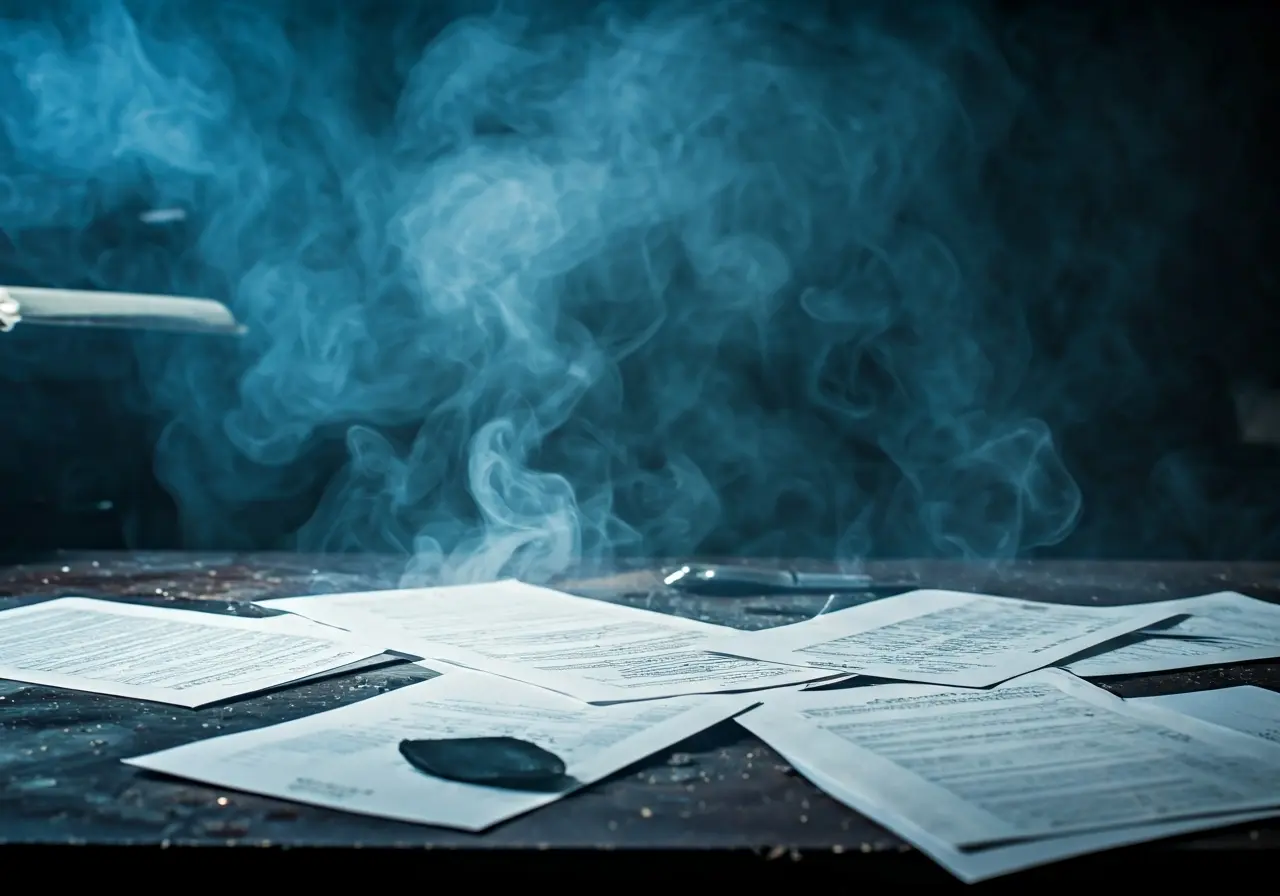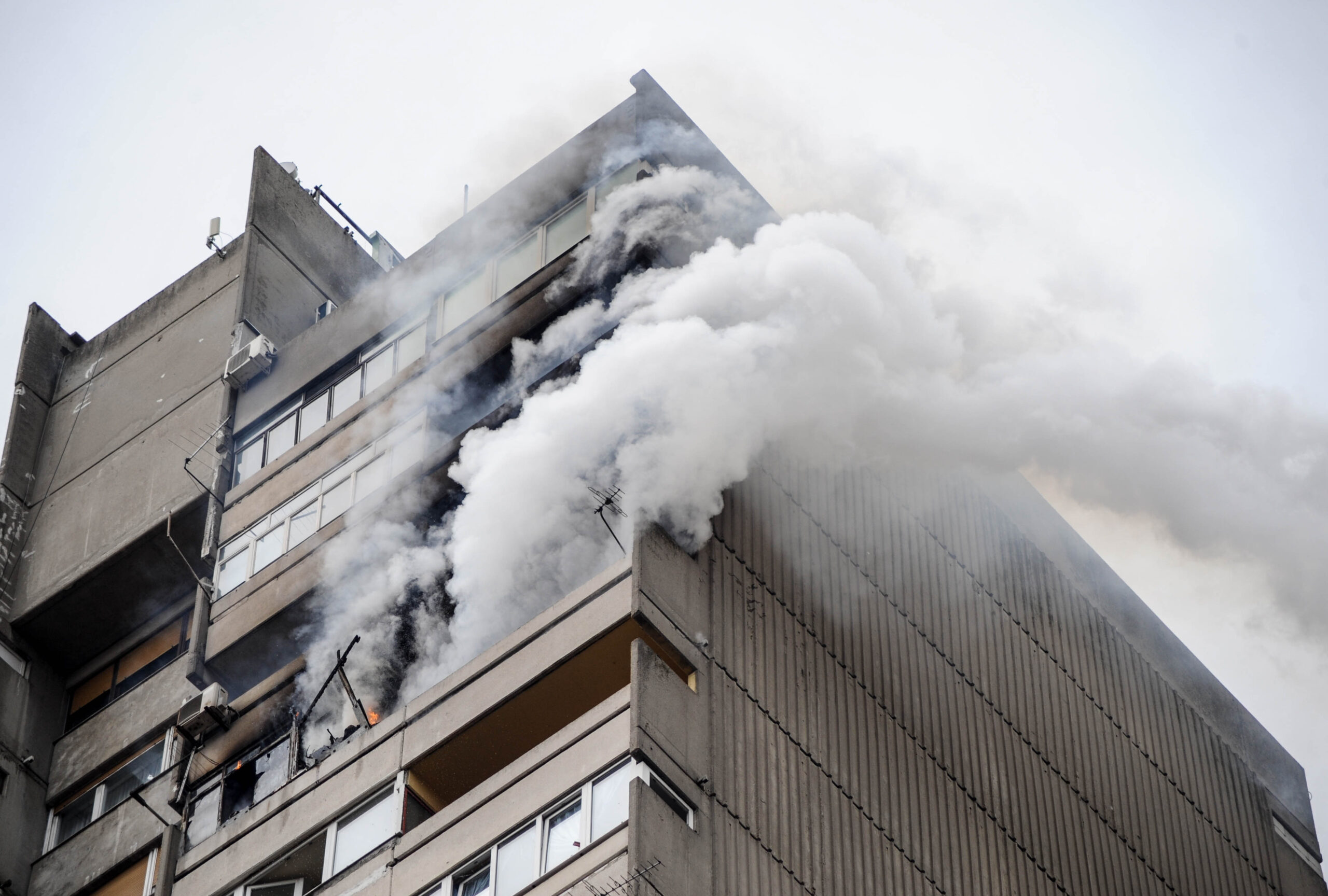
Effective Strategies for Navigating Fire Damage Insurance Claims
Dealing with fire damage can be an overwhelming experience, and filing an insurance claim is often a critical first step in recovery. Understanding the process and knowing the right strategies to utilize can make a significant difference in ensuring a fair settlement. In this blog, we’ll explore effective strategies that simplify navigating fire damage insurance claims, helping you get back on your feet smoothly.
Understanding Your Insurance Policy
The first step to effectively navigate fire damage claims is to thoroughly understand your insurance policy. Familiarize yourself with the coverage details, what is included, and any exclusions or specific fire-related stipulations. Knowing what your policy covers can prevent surprises during the claims process.
Policies often include various clauses and conditions that can impact your claim. For instance, some policies may cover the cost of temporary housing while your home is being repaired. Others might only cover a certain percentage of the total damage cost. Reading the policy document carefully, perhaps even with a legal expert or insurance advisor, can uncover these nuances. An in-depth understanding of your insurance can also help you better articulate your needs when discussing with your insurer, ensuring you get appropriate compensation based on your coverage. This step might seem daunting, but it’s a pivotal part of safeguarding your interests.
Documenting the Damage
Proper documentation is crucial when filing a claim. Take detailed photos and videos of all the damages, including every room and all belongings affected by the fire. Keep a written record of everything you lost and any immediate repairs needed to prevent further damage, as these documents will serve as evidence to support your claim.
An often overlooked aspect of documenting damage is capturing the progression of repairs. Start a journal or digital log from the moment you begin cleanup and repairs. This not only aids in building a case to demonstrate your commitment to restoring your home but also highlights any additional damage observed during these processes. Consistently updating this log with receipts, correspondences, and insurance communications can act as a comprehensive repository that supports your claim. Sharing this with your insurer signals that you are a proactive and informed policyholder.
Reporting the Incident Promptly
Notify your insurance company as soon as possible after the fire occurs. Prompt reporting initiates the claims process and demonstrates your diligence in handling the situation. Be prepared to provide essential information, such as the cause of the fire and the extent of the damage.
After reporting, the insurer typically assigns an adjuster to assess the situation. Maintaining clear and open communication is crucial. Delays can occur if the insurer requires additional information or clarifications, so respond promptly to keep the process moving. Immediate reporting has the dual benefit of demonstrating your accountability and fast-tracking the allocation of necessary resources for your case. This approach can result in a more efficient claims resolution, minimizing the period of disruption for you and your family.
Working with an Adjuster
An insurance adjuster will assess the damages and determine the compensation you are entitled to receive. Cooperate with them by providing access to your property and all necessary documentation. It’s also beneficial to be present during their inspection to answer questions and ensure nothing is overlooked.
Your involvement in the adjuster’s visit can significantly influence the outcome of the assessment. While being physically present, utilize this opportunity to highlight aspects of the damage that could be easily missed. Explain any pre-existing conditions to help differentiate between old wear and fire damage. Being transparent about every facet of the incident cultivates trust with the adjuster, promoting a more favorable report on your claim. Remember, the adjuster is a professional but might overlook minor but important details without your local knowledge and documentation.
Seeking Professional Help
Consider hiring public adjusters or legal professionals if the process becomes challenging or if you feel the settlement offered is inadequate. These experts can advocate on your behalf and assist in negotiating with the insurance company, leveraging their experience to secure a fair outcome.
Public adjusters work for you, not the insurance company, providing a balanced evaluation of the damage and potential compensation. They bring expertise in understanding policy language and the negotiation reaches of insurance firms. Additionally, legal professionals specializing in insurance law can bring a keen eye for identifying loopholes or unjust practices. Opt for professionals who come highly recommended and have a track record of successful claims. Their involvement can be pivotal, not just in securing fair compensation, but also in expediting the overall process, alleviating the burden on you.
When selecting your professional help, pay attention to their area of expertise and client feedback. Discuss fees and payment terms upfront, as many public adjusters work on a contingency basis, ensuring that your settlement maximizes their incentive for success. Despite the potential costs, their input often pays for itself, enhancing your claim rather than detracting from it. This investment transforms what can be a painstakingly bureaucratic process into a situation managed with expertise and confidence.
Wrapping Up: Making Your Way Through Fire Damage Claims
Navigating fire damage insurance claims doesn’t have to be a burdensome task. With the right information and approach, you can ensure a smoother process and a fair settlement. Remember to document everything, understand your policy in depth, and seek professional help when necessary. By following these strategies, you’ll be better equipped to handle the aftermath of fire damage and secure the benefits you’re entitled to. Visit Real Restoration for assistance.





